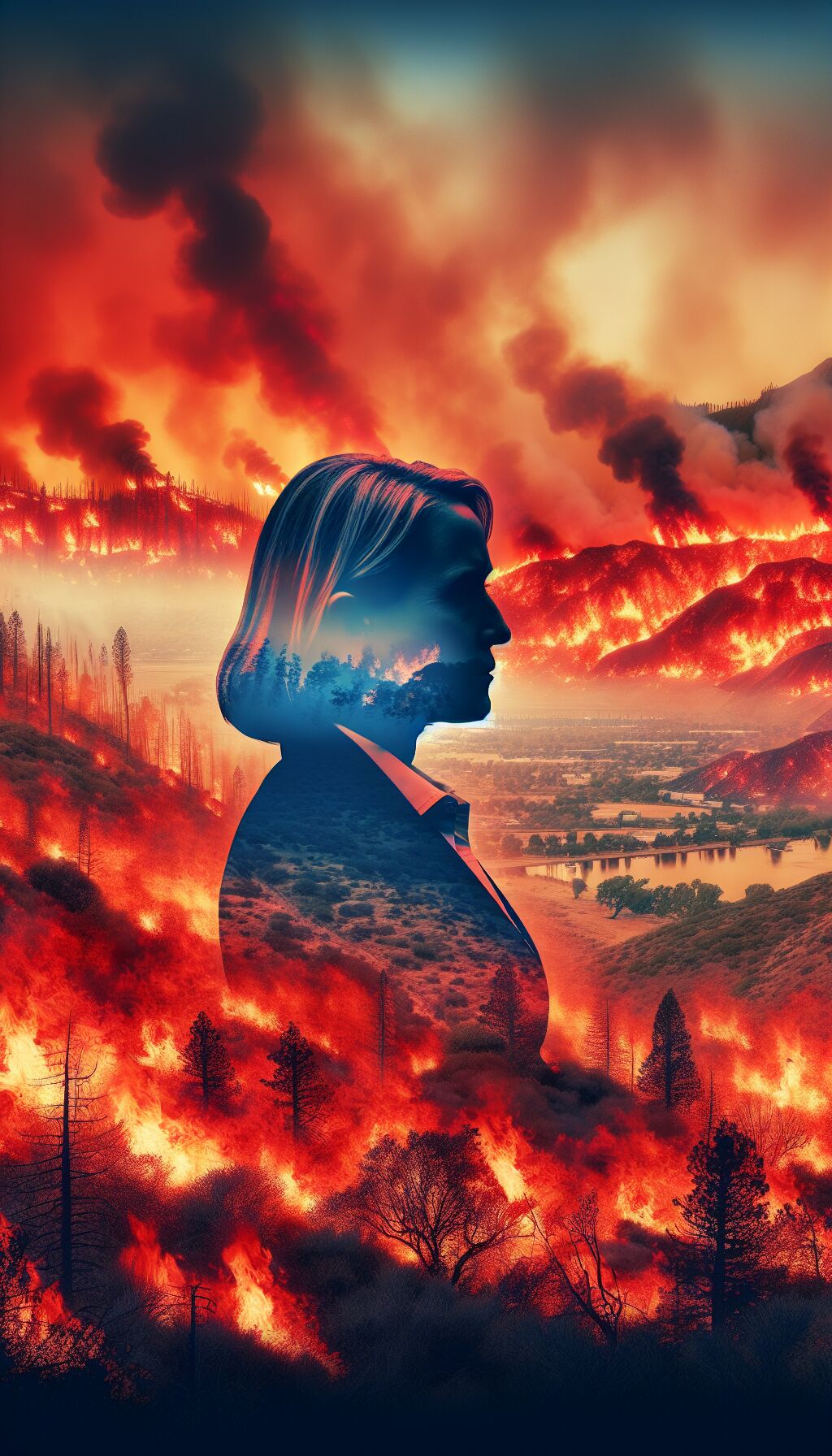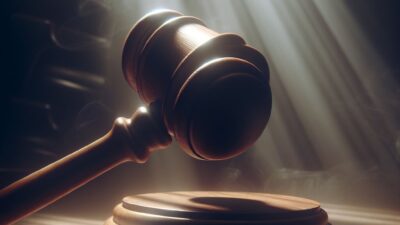Trump’s Conditional Aid Controversy: Reactions from Rep. Judy Chu and California Officials
Los Angeles, CA – U.S. Representative Judy Chu, a Democrat from California, has vocalized her strong opposition to President Donald Trump’s recent suggestion that federal support for wildfire relief in Southern California should come with conditions. This marks a contentious moment as the region grapples with ongoing wildfires, notably the devastating Eaton Fire, which has significantly affected her constituents in Altadena and northern Pasadena.
A Historic Stance on Disaster Aid
In a recent interview with Inside California Politics, Rep. Chu emphasized that conditional disaster aid is unprecedented in American history. “There have never been conditions laid on disaster aid in the history of America,” she asserted. Chu highlighted her bipartisan voting record, stating, “I know that I have voted for disaster aid in red states and for blue states. I’ve never considered whether they were Republican or Democrat.” Her comments underscored her belief that wildfires, as natural disasters, recognize no political affiliation. “Wildfires have no political affiliations. They don’t have a political party,” she stated.
Trump’s Conditional Demands
Trump’s remarks earlier in the week raised eyebrows among lawmakers and constituents alike. While touring hurricane recovery efforts in North Carolina, he expressed that two conditions must be met for California to receive federal disaster relief. Specifically, Trump called for the implementation of voter identification legislation and the release of water resources across the state. “I want to see two things in Los Angeles. Voter ID, so that the people have a chance to vote, and I want to see the water be released and come down into Los Angeles and throughout the state,” Trump told reporters. He added, “After that, I will be the greatest president that California has ever seen.”
A Personal Appeal to Trump
Chu, reflecting on the impact of such conditions, urged Trump to confront the working-class victims in her district with the reality of conditional aid. “I want him to see how these everyday Americans are being terribly devastated,” she remarked. “I want him to hear from their voices. I want him to look, in fact, in the victim’s eyes and say that he wouldn’t provide aid unless there were conditions.” This statement highlights the stark disconnect between political rhetoric and the lived experiences of those affected by disasters.
Response from Governor Gavin Newsom
California’s Governor Gavin Newsom also responded vigorously to Trump’s proposed conditions. His office pointed out that other states, including some that Trump won, do not require voter ID for polling, and noted that California residents must provide identification when registering to vote. Furthermore, Newsom’s office stated that the state has been pumping as much water as possible under Trump’s previous administration’s policies, countering Trump’s assertion regarding water flow.
“Conditioning aid for American citizens is wrong,” Newsom’s office stated in a post on X (formerly Twitter). Newsom’s position reinforces the stance that disaster aid should be unequivocal, especially during emergencies.
Bipartisan Discourse on Wildfire Aid
As discussions around wildfire relief unfold, some Republican lawmakers have floated the idea of tying disaster aid to unrelated fiscal policies, such as increases to the debt ceiling or amendments to California’s fire-mitigation measures. However, Democrats, led by representatives like Chu and Newsom, have pushed back against any form of conditional assistance, arguing that such actions could jeopardize timely aid to those in urgent need.
Chu’s proactive stance serves as a reminder of the critical importance of bipartisan support during national emergencies, irrespective of political divides. “Disasters don’t care about your political affiliation,” Chu concluded.
Implications for Wildfire Recovery
As California faces one of its most challenging wildfire seasons to date, the implications of conditional disaster aid could have a profound impact on recovery efforts. Many residents who have lost their homes, livelihoods, and loved ones due to the wildfires are now watching political discussions unfold, concerned about their futures in the face of bureaucratic delays.
In the coming months, as the recovery progresses, both state and federal officials will need to address the challenges posed by climate change and the increasing frequency of natural disasters. Building resilience and preparedness will be key to mitigating future crises, while also ensuring that aid remains accessible and unconditional for those who need it most.
Despite the contentious political atmosphere, it is essential that the focus remains on providing aid swiftly and fairly, ensuring that all Americans affected by wildfires have the support they need to rebuild their lives.
Conclusion
As the debate over federal disaster aid continues, Rep. Judy Chu stands firm in her belief that assistance should be devoid of political strings. With thousands of Californians facing hardship, the call for unity in response to natural disasters resonates stronger now than ever. The outcome of this discourse will not only affect recovery efforts but also determine how federal disaster policy will evolve in the face of increasing climate challenges.











